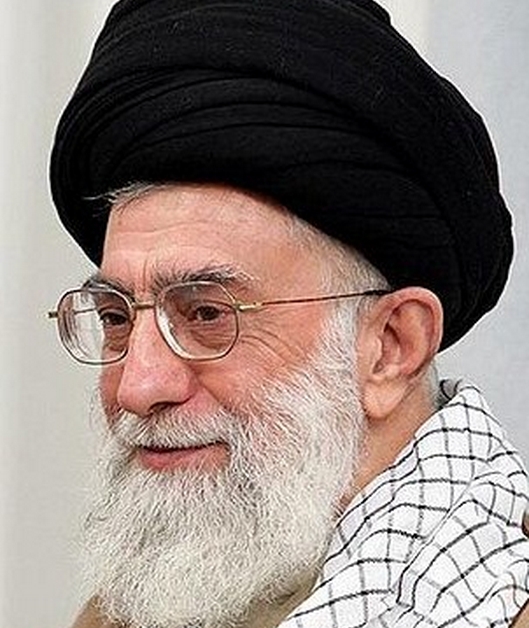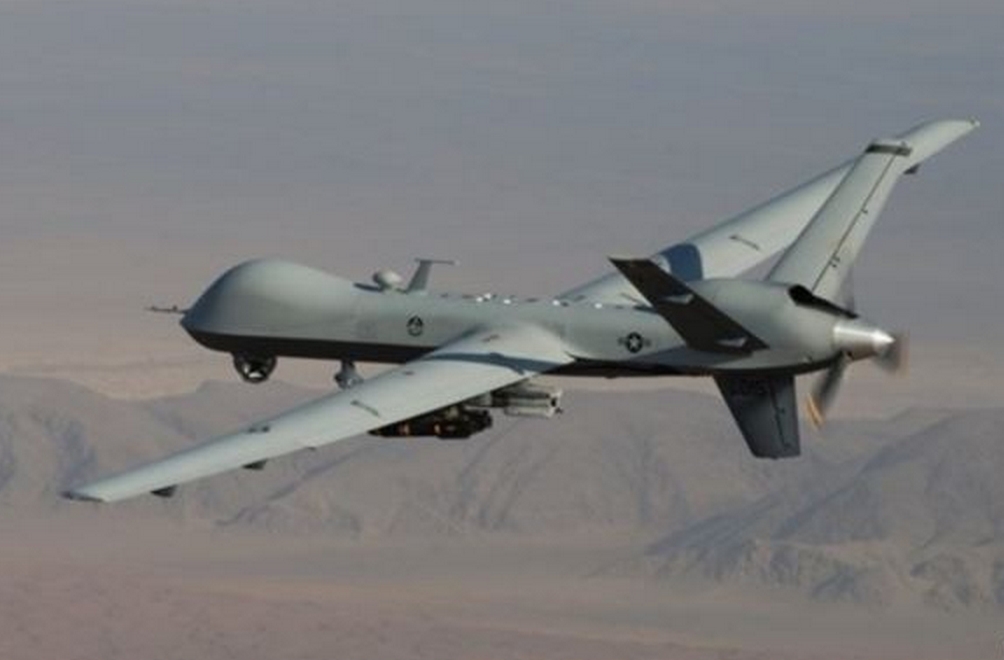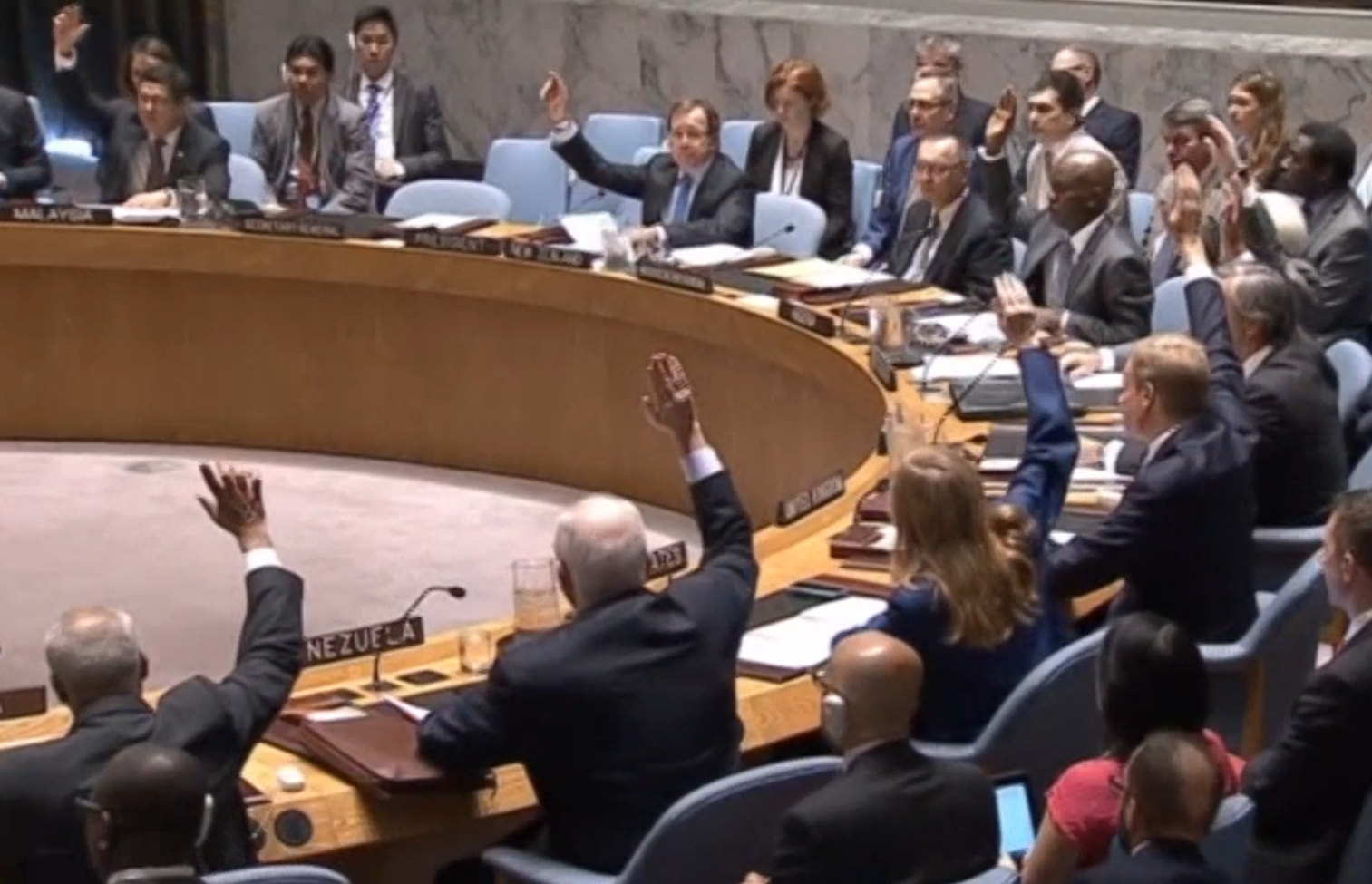The poll comes as Israel braces for retaliatory attacks from Iran and its allies following an assassination campaign last week.
A majority of Americans oppose sending U.S. troops to defend Israel if it’s attacked by a neighboring country, according to a poll released Tuesday.
The Chicago Council on Global Affairs (CCGA) poll found that 55% of Americans oppose such military support of Israel while just 41% favor it, marking a shift from previous iterations of the poll over the last decade in which support for the U.S. defense of Israel was just above 50%.
The poll comes as Israel braces for retaliatory attacks following the assassinations last week of Hamas leader Ismail Haniyeh in Tehran and Hezbollah commander Fuad Shukr in Beirut. The U.S. has moved additional forces into the region to support Israel as diplomats work overtime to try to deescalate tensions and prevent an all-out war in the Middle East. The poll was conducted June 21 to July 1 and doesn’t account for these developments.
The reasons for declining U.S. support for defending Israel aren’t explored in the poll, but CCGA author Dina Smeltz suggested that “the unrelenting Israeli attacks against Gaza have likely dampened American willingness to defend Israel,” and critics of Israel’s assault on Gaza drew similar conclusions.
“Nothing seems to undermine Americans’ support for Israel more than Israel’s own policies,” Trita Parsi, executive vice president of the Quincy Institute for Responsible Statecraft, wrote on social media in response to the poll.
CCGA’s findings fit with other polling this year that shows decreasing American support for Israel, which has laid siege to the Gaza Strip for the last 10 months, killing nearly 40,000 Palestinians, according to the Gaza health ministry, and destroying a large proportion of the enclave’s buildings. The siege began after Hamas and affiliated militant groups massacred more than 1,100 Israelis on October 7.
A Gallup poll in March showed that most Americans disapprove of Israel’s military action in Gaza, and another poll that month by the Center for Economic and Policy Research showed that most Americans wanted to stop U.S. weapons shipments to Israel until the country ended its assault on Gaza.
That people in the U.S.—Israel’s strongest diplomatic ally and military backer—have decreased their support for Israel is indicative of a global trend. A poll conducted across 43 countries showed a tremendous drop in support for Israel over the first three months of the war, for which Israel has faced widespread international condemnation.
Both the United Nations General Assembly and U.N. Security Council have adopted resolutions demanding a cease-fire. The International Court of Justice, the U.N.’s top court, has issued a series of rulings against Israel this year and the International Criminal Court has sought arrest warrants for Israeli and Hamas leaders.
The international criticism has not deterred Israel from further aggression. Prime Minister Benjamin Netanyahu set back cease-fire negotiations with Hamas last week with his military’s assassination campaign, and he now faces the prospect of an all-out war on multiple fronts, with both Hezbollah and Iran vowing to retaliate.
Hezbollah, a militant group and political party in Lebanon, has ties to Iran and is considered to be significantly better-armed than Hamas, raising the possibility of a war of devastating magnitude. Israel and Hezbollah have traded thousands of airstrikes since October, leaving more than 500 dead, mostly on the Lebanese side, but until now have avoided a major escalation.
Western diplomats have even greater fear of a direct war between Israel and Iran. U.S. Secretary of State Antony Blinken is leading what The Washington Postcalled a “diplomatic sprint” around the Middle East to try to indirectly pressure Iran to use restraint in its response to the assassination of Haniyeh in Tehran. The State Department has refused to say that Iran has a right to defend itself.
The U.S. has placed squadron of F-22 jets and naval destroyers near Israel in preparation for an Iranian attack. U.S. and Israeli leaders have long spoken of the two countries’ “ironclad” bond, but no formal military defense treaty exists that requires the U.S. to defend Israel in the event of an attack.
Common Dream’s work is licensed under a Creative Commons Attribution-Share Alike 3.0 License. Feel free to republish and share widely.
[content id=”79272″]









